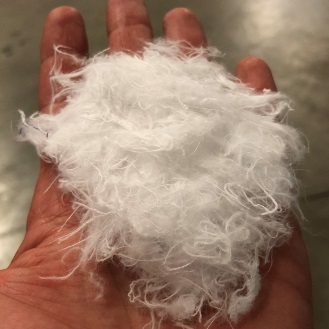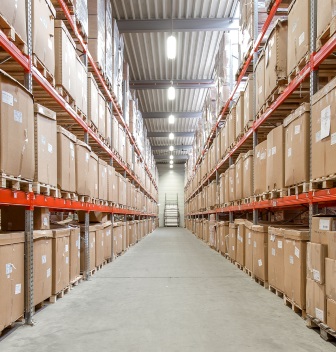DO THE GRS CHECK!
The Global Recycled Standard (GRS) is a certification for textile products made from (partially) recycled material, such as recycled cotton or recycled polyester. This quality mark is managed by the Textile Exchange organisation. But how can you be sure that a product with a GRS quality mark label is actually made from recycled material, in accordance with the GRS standard requirements? Find out with the GRS check!
Do the GRS check!
With a few simple steps, you can find out whether a product is officially GRS-certified and is being marketed by a GRS-certified supplier:
- Check whether the supplier is GRS-certified via this link. Without this certification, a supplier is not allowed to market a GRS product. The entire chain must be GRS-certified.
- Request a valid GRS Scope Certificate from the supplier. This is proof that the supplier is inspected annually by a GRS certification body, which is a requirement. HeboVanDijk’s GRS certification is inspected every year by Control Union Certifications B.V.. HeboVanDijk is registered under certification number 829448.
- Verify that the GRS product label complies with the GRS standard:
- A product may only bear a GRS product label if it contains at least 50% recycled material, such as recycled cotton and/or recycled polyester. From 20% recycled material, it may be called GRS, but a GRS product label may not be applied to the product.
- The GRS product label must include the GRS logo, along with the percentage of GRS-certified material (if less than 95%) and the certification number with reference to the certification body. In our case, the back of the label would read: 80% GRS Recycled Cotton, Certified by Control Union, CU 829448.
If the above steps are verified, a product complies with the GRS standard.
Want to know more about the Global Recycled Standard?
The Global Recycled Standard is more than just a product label. The standard aims to encourage producers to include higher percentages of recycled material in products, reduce the harmful impact of production on people and the environment, and ensure that products are processed in a more sustainable way. This certification also guarantees that the identity of the recycled material is maintained: from recycler to end product. For more information, please visit the Textile Exchange website.



